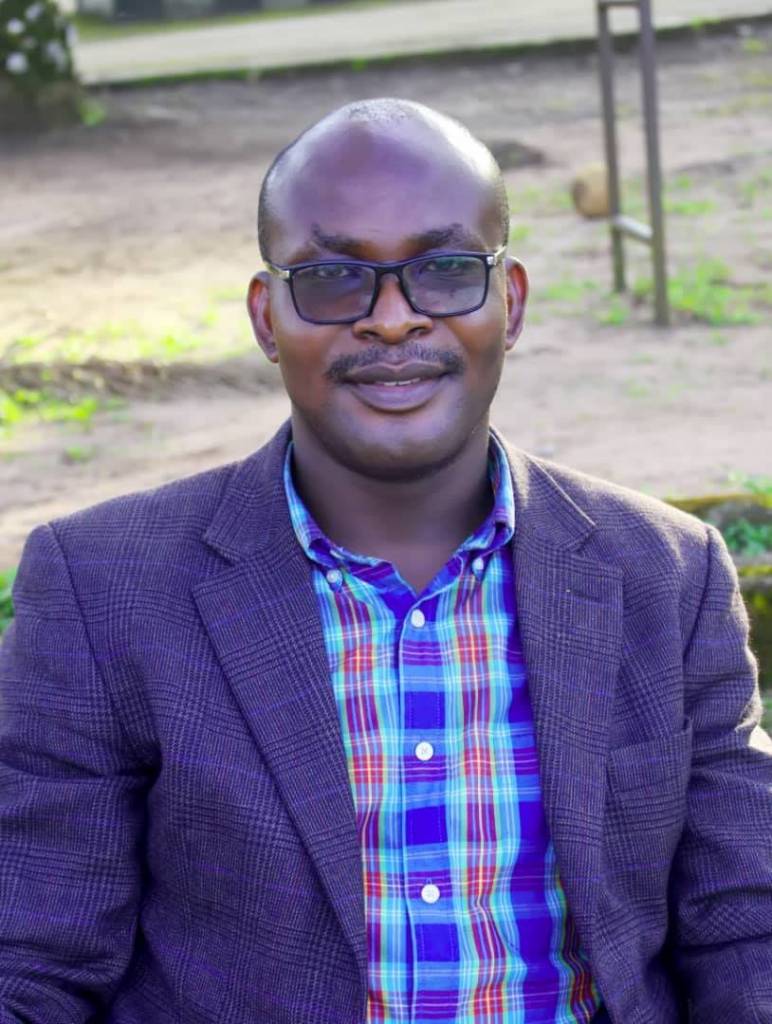SUNDAY, SEPTEMBER 5, 2021
TWENTY-THIRD SUNDAY IN ORDINARY TIME
FIRST READING: ISAIAH 35: 4-7
SECOND READING: JAMES 2:1-5
GOSPEL: MARK 7:31-37
The Gospel today presents us one of the most beautiful healings Jesus performed. “And people brought to him a deaf man who had a speech impediment and begged him to lay his hand on him. He took him off by himself away from the crowd. He put his finger into the man’s ears and, spitting, touched his tongue; then he looked up to heaven and groaned, and said to him, “Ephphatha!” (That is, “Be opened!”), and (immediately) the man’s ears were opened, his speech impediment was removed, and he spoke plainly” (Mark 7:32-35).
This healing is one of the very few examples where the evangelist includes the actual Aramaic word that Jesus used: Ephphetha – be opened! This is Mark’s way of hinting that it is a deep mystery. That this miracle is a sign that says something important about who Jesus is. Those witnessing this miracle who are Jewish would have been reminded of the prophecy about the messiah we find in the first reading from Isaiah 35. It says the eyes of the blind are opened, the ears of the deaf cleared. The healing of the deaf man today points to Jesus who desires to heal our reluctance to listen, our spiritual deafness.
The Confessions of St Augustine which was written between 398 and 400AD is a kind of a spiritual autobiography which tells the story of Augustine’s own journey of faith. It is a story of his return to faith. Augustine likened his spiritual condition before conversion to deafness. He wrote, “late have I loved you… for behold you were within me, and I outside; and I sought you outside … You were with me and I was not with you … you called and cried to me and broke open my deafness” (Confessions Book 7).
Breaking open our deafness is necessary if we are to become authentic and mature human beings. Hugh Mackay in his book, ‘Why don’t people listen?” wrote, that Listening is one of the most psychologically challenging things to do in our personal relationships. According to him, listening, real listening involves the risk of having to change our minds in response to what we hear even against our will. Pope Francis in his Apostolic Exhortation, Amoris Laetitia: On Love in the Family published in 2016, offers some reflections on listening in paragraphs 90-118. He says, “take time, quality time to listen. This means being ready to listen patiently and attentively to everything the other person wants to say.” He said, “often, the other spouse does not need a solution to his or her problems, but simply to be heard, … to feel that someone has acknowledged their pain, their disappointment, their fear, their anger, their hopes and their dreams.”
Healing our reluctance to listen is also necessary for our spiritual life. A good Christian is a good listener. When Jesus was asked what is the first and greatest commandment, he quoted Deuteronomy 6: 4-5. What does it say? It says, “Hear O Israel, the Lord our God is One, and you shall love the Lord your God with all your heart and with all your soul and with all your strength.” Listening comes first. The rule of St Benedict which was written in Latin begins with the word, Obsculta! Listen carefully, my son, to the master’s instructions, and attend to them with the ear of your heart. Discipleship begins with listening. St Paul expressed it well in Romans 10: 17 when he said, ‘faith comes from hearing the Good News about Jesus. One who cannot listen cannot be a disciple.

The man who was deaf and dumb; had difficulty communicating with others. He could not talk or express his feelings or needs. If deafness and dumbness consist in the inability to communicate plainly with one’s neighbors, to have good and beautiful relationships, then we must acknowledge immediately that we are all more or less deaf and dumb, and this is why the cry of Jesus, Ephphatha, be opened! is addressed to all of us.
The man Jesus healed was only physically deaf. It does not depend on the individual and is altogether blameless, but spiritual or moral deafness is blameworthy and therefore worse. We are deaf when we do not hear a neighbor’s cry for help or when we are indifferent to the needs of others. Parents are deaf when they fail to understand that certain strange and disordered attitudes of their children hide a cry for attention and love. A husband is deaf when he cannot see in his wife’s nervousness the sign of exhaustion or the need for a clarification. And the same applies to the wife. We are deaf when we shut ourselves in, out of pride, in an aloof and resentful silence, while perhaps with just one word of excuse or forgiveness we could return peace and serenity to the home.
The Lord’s cry to all of us, “ephpheta is an invitation to authentic communication with one another and therefore to love.
Happy Sunday,

Rev. Fr. Chidi Onwuka MSSCC
